'Victims and perpetrators': Rehabilitating Indonesia's child bombers
Thrown off a motorbike as her parents blew themselves up, nine-year-old Mila was the sole survivor of a family suicide bombing, part of a wave of such attacks involving children that rocked Indonesia.
Orphaned and radicalised, there were concerns for her future after the Islamic State-inspired strike, but a renewed focus on rehabilitating the children of terror suspects may offer Mila, and others like her, a chance at normality.
She is among a small group who are being treated at a Jakarta safe house in a unique scheme that provides psychological and social care to the offspring of suicide bombers or children directly involved in terror plots.
The world's biggest Muslim majority nation is grappling with the growing global threat of 'family attacks' and also with how to reintegrate returning IS jihadists and their relatives as the extremist group's caliphate lies in ruins, a challenge faced by many nations including France and the United States.
"It hasn't been easy dealing with (the children) because they believed in radicalism...and that bombing was a good thing," said safe-house head Neneng Heryani, who gave AFP exclusive access to the state-run compound on the edge of Indonesia's capital.
"They were taught that jihad was essential to go to heaven and that you must kill non-believers. It was very hard to change that mindset," she added.
Social workers and psychologists are trying to re-socialise the children with counselling and an emphasis on normal daily routines which include lessons, mosque visits, and regular playtime.
- 'Willing to die' -
When AFP visited the safe house she now calls home, Mila, dressed in a bright pink hijab, appeared bubbly as she took notes and asked questions during lessons. She had never had any type of formal schooling before.
"The progress has been very significant. Now she can interact with people," said social worker Sri Musfiah Handayani.
The children kissed the hand of an AFP reporter as they filed out, a common sign of respect in Indonesia.
While the treatment for Mila and her group is unique because it is specifically for children who have been involved in suicide bomb plots, Indonesia has broader de-radicalisation programmes which some 200 children, all related to militants, have been through.
"We need to approach them gently because they were willing to die (for the cause) so it doesn't make sense for us to use force," Suhardi Alius, head of the National Agency for Combating Terrorism told AFP.
Experts say successful rehabilitation comes down to the support they receive assimilating back into society.
Officials are working on a support plan for the safe-house kids to ensure they receive healthcare and education after their treatment.
But extended families are often wary about taking the children in -- and that could be a trigger for returning to extremism later in life.
Noor said: "There is a strong possibility they'll fall back into the parents' ideology if the stigma remains."
(AFP)
-
Still No Comments Posted.




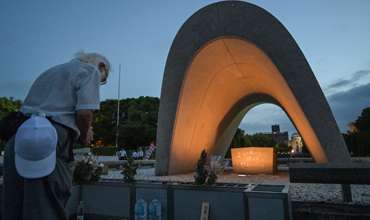
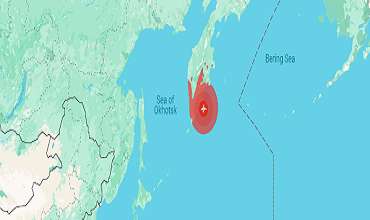
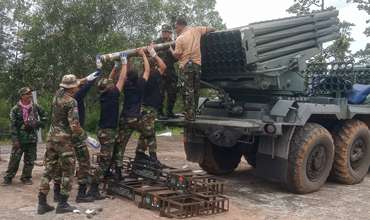
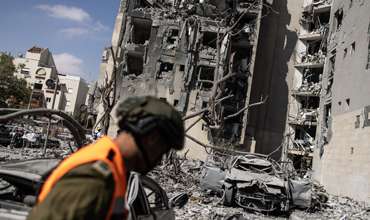
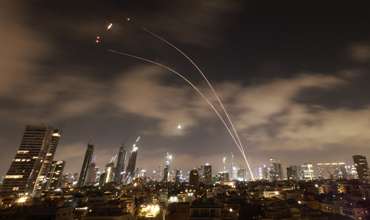
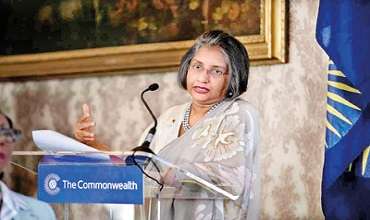



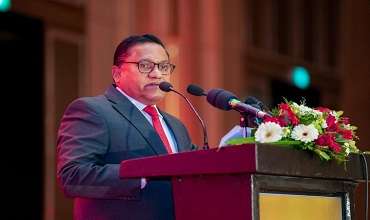
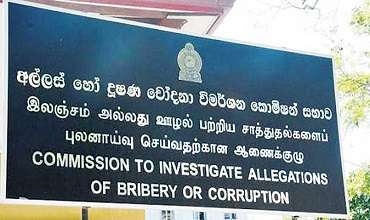
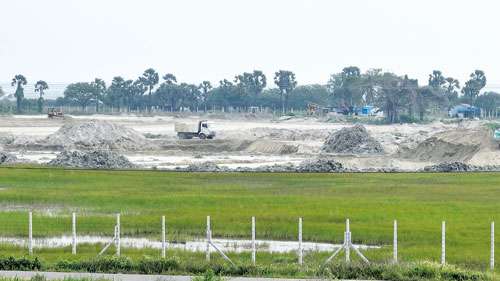

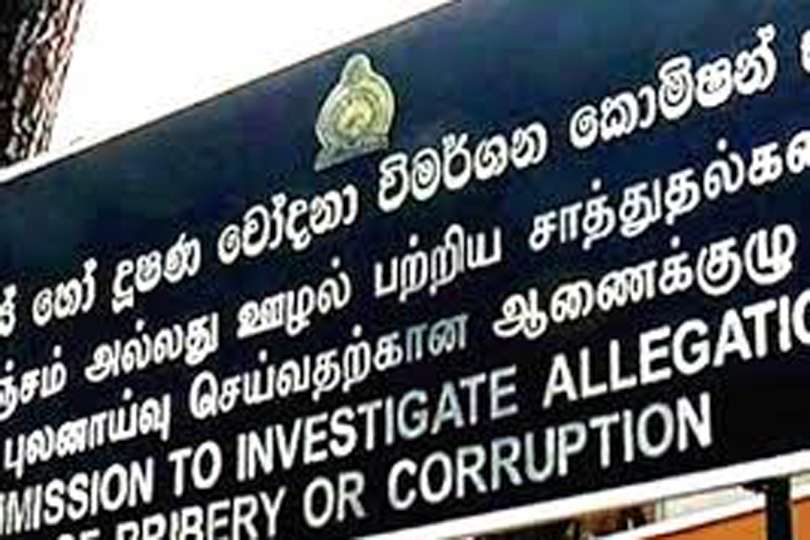
Leave Comments